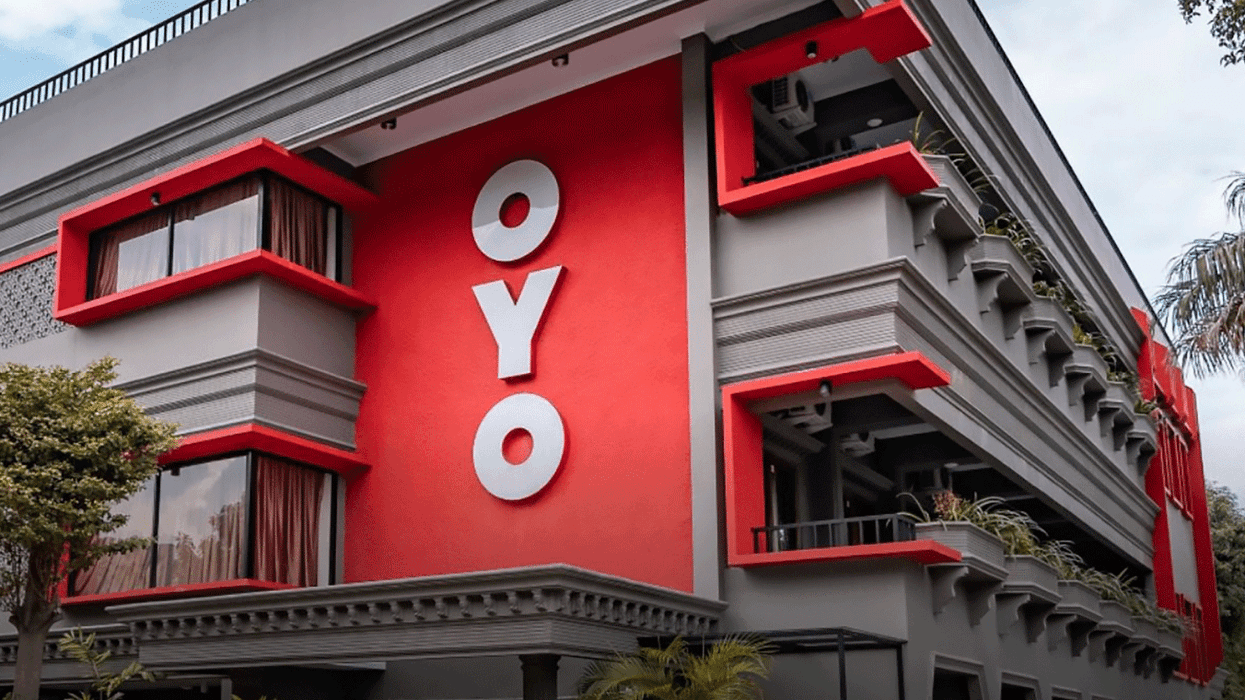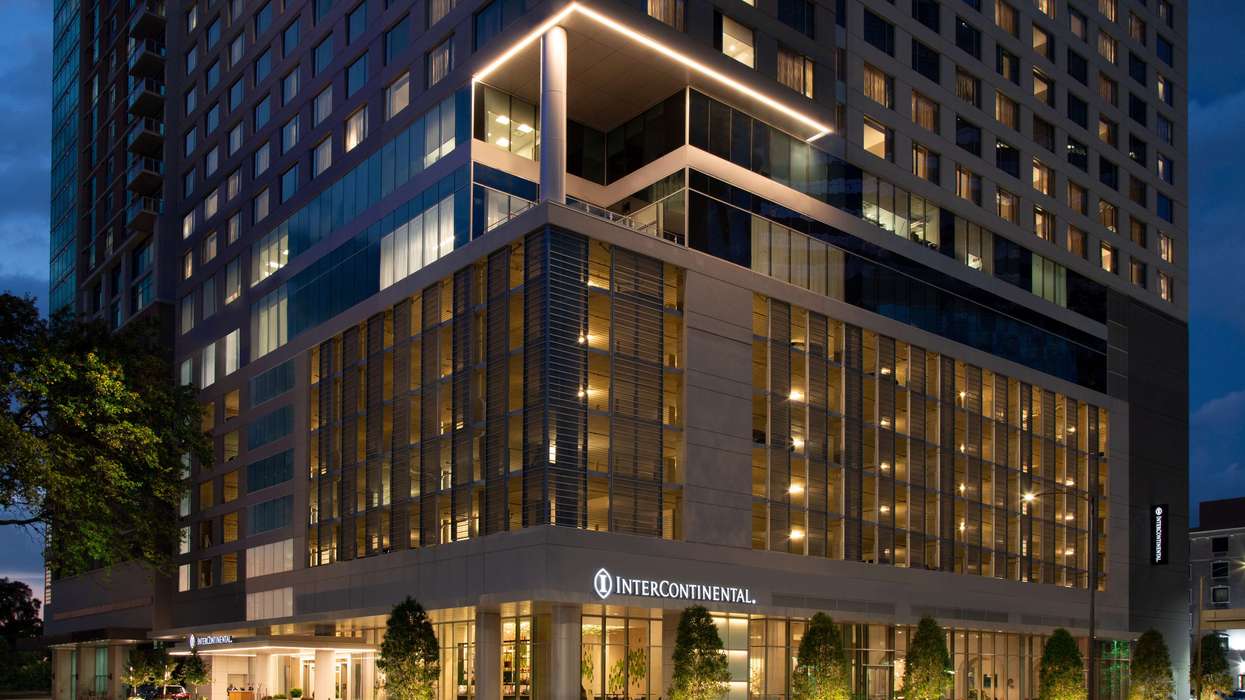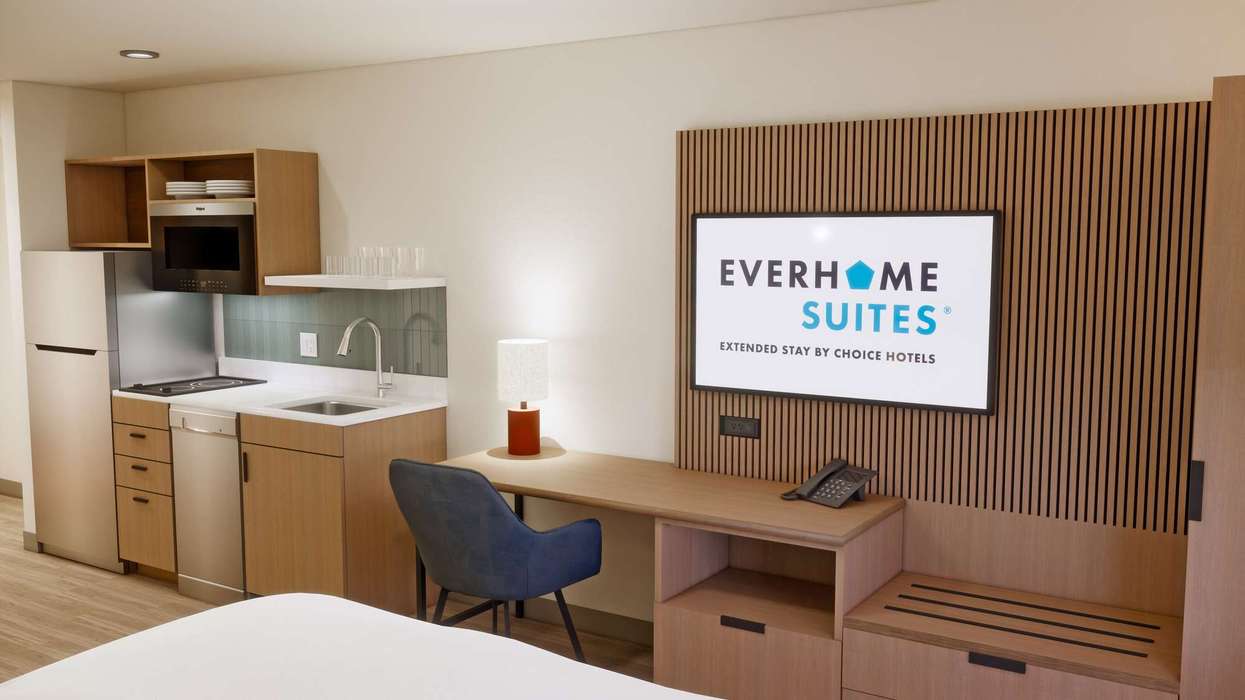MIRAJ PATEL, PRESIDENT of Wayside Investment Group in Houston, was planning for success when he bought a Galveston, Texas, Travelodge by Wyndham to convert into a Red Roof PLUS+. His partners and he timed the opening of the new beachside hotel just right, they thought.
“Right now, this is the season where you make money because it’s spring break time,” Patel said. “We bought this property in November and we quickly put in more than $1.1 million into renovations. We strategically opened it within four months just so we could open during this month. But for this one property we’re walking straight into a negative slope.”
The COVID-19 pandemic’s crushing blow to the travel industry is the cause.
“We opened on Thursday and Saturday and Sunday were great, then Monday it just suddenly dropped,” he said.
Hoteliers around the country have similar stories.
Galveston turned ghost town
Over the past year and a half, Patel’s company has opened three hotels, including most recently the 66-room Red Roof PLUS+, opened on March 12. The timing, it turned out, was not good.
“We were supposed to hit our projections and now we’re seeing nearly 25 percent to 30 percent occupancy drop,” Patel said. “We are also seeing a lot of cancellations.”
They have been asking guests who cancel their reason for doing so, Patel said.
“We were seeing if coronavirus was the main reason, and it is,” he said. “Everybody said it’s because of the coronavirus, we’re simply not traveling.”
Galveston island is completely empty and local authorities have issued orders for restaurants and bars to shut down, Patel said, and the Houston Chronicle said the county plans to issue a shelter-in-place order. Typically rates at this time are more than $300 a night, Patel said, but now they are setting rates around $40 a night.
“Now there’s no reason for people to travel because there’s nothing for them to do anymore,” Patel said. “These are our flagship hotels, but we also have our independent properties where most of the clientele is local. But even there we’ve seen a huge slope. People are simply just not leaving their homes.”
His fellow hoteliers on the island are being hit as hard as Patel, if not harder.
“People simply are not going to hit their projections,” he said. “At one hotel [in Galveston] one general manager told me that he’s seen, just in the month of March, for his one hotel he’s seen a $150,000 reduction on his projections.”
That owner is laying off 12 people and many of the other hotels on the island are laying off workers.
“We’re all trying to share resumes to see if we can try to save these people’s jobs by maybe hiring them at one of our hotels,” Patel said. “We’re just trying to work together to see if we can avoid laying these people off and if we do have to lay them off because we can’t afford it maybe find them a job where another hotel might need them.”
The crisis has tempered the usually competitive market, he said.
“At this point we’re just trying to help each other, trying to make sure we can pay the bills,” he said.
On a brighter note, Patel said he has not suffered from a lack of supplies as some hotels have seen.
“Two weeks ago, we actually bought extra. We had a feeling that this was going to get bad, so we were proactive,” he said.
Online shopping has helped, he said.
“We’re calling our vendor partners and they say it’s going to take this much time, that much time,” Patel said. “We’re just going on Amazon.com and right now that’s been our best friend.”
Patel also is AAHOA’s young professional director for the western division, and he said they have held weekly conference calls on helping members avoid paying unnecessary fees.
“We’re also trying to push the government to help us with relief packages,” he said.
Over the weekend, Cecil Staton, AAHOA’s president and CEO, issued a statement asking members of Congress to overcome their political differences to pass the Coronavirus Aid, Relief, & Economic Security Act, which has stalled in the House. Patel said that stimulus is needed now.
“[The COVID-19 pandemic] happening so quick and that’s what’s scaring a lot of the hoteliers, even myself,” Patel said. “It’s getting worse and worse day by day. We just don’t know what the future is going to look like.”
California calamity
California-based hotelier Sunil “Sunny” Tolani, founder of the non-profit Prince Organization charity, said the pandemic was definitely affecting all of his hotels.
“Occupancy is decreasing at all hotels rapidly at this time. We are seeing cancellations through September or later at the hotel level from our guests,” Tolani said. “Group travel through June is at 100 percent cancellations at this time.”
Tolani has not closed any hotels yet, primarily because his staff members need the hours to pay their bills.
“As hotel owners and general managers it is our responsibility to our associates and guests to give them the best we can, monitoring the issues and having a ‘plan of action’ in place to eliminate any fears during this stressful time in the world,” he said.
His general managers have had to use different vendors for supplies, he said.
“Toilet paper, Clorox cleaning products, Purell hand sanitizer and Lysol spray are not readily available from any vendor to us at this time, and if the vendor does have an item like toilet paper, we can only get one case at a time,” he said. “Hotels order weekly for normal operations and we order many cases of items to operate. This is very challenging at this time to even obtain one case of any item.”
Tolani said his hotel staff have even had to keep supplies under lock and key to avoid theft by guests.
And what are hoteliers doing to help each other get through the crisis?
“Firstly, praying, believing in the power of faith and miracles, coming together as family,” Tolani said. “This too shall pass.”
We want to hear from you. Share your story about how the COVID-19 epidemic is affecting your business in the comments below, on Facebook or Twitter or by emailing Asian Hospitality Editor Ed Brock at ed.brock@amgusa.biz.





